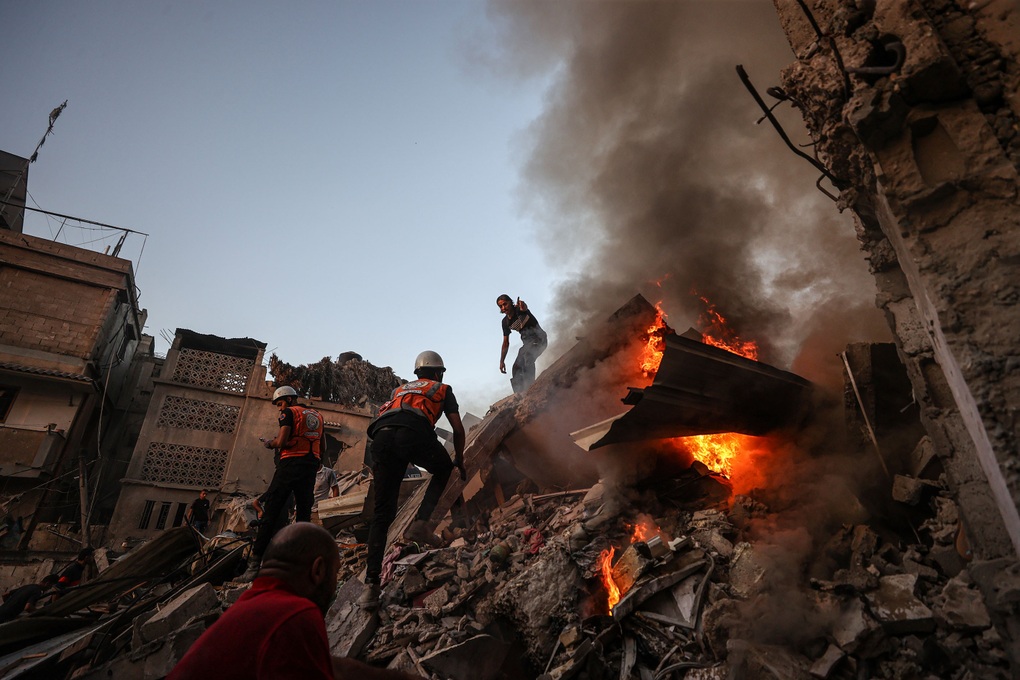
Firefighters extinguish a fire at a building in Gaza following an Israeli airstrike on November 4 (Photo: Getty).
The Israeli military said on November 5 that since starting its ground offensive in the Gaza Strip a week ago, it has attacked more than 2,500 targets there with coordination between the air force, navy and army.
These targets included Hamas infrastructure both above ground and underground, weapons depots, observation posts, and command posts.
"The Israel Defense Forces (IDF) continues to engage Hamas in close combat and deploys fighter jets to destroy enemy infrastructure, weapons depots, observation posts, and Hamas command posts in Gaza," said Israeli military spokesman Daniel Hagari.
Israel began its ground offensive in Gaza in late October after ending a siege and intensifying air strikes. The IDF has not yet announced its losses in the operation.
The Israel-Hamas conflict broke out on October 7 after Hamas fired more than 2,000 rockets at Israel, crossed the border and kidnapped hundreds of hostages to Gaza. The fighting has so far killed nearly 10,000 people in Gaza and more than 1,400 in Israel, while the Hamas-controlled territory is in the midst of a severe humanitarian crisis.
International leaders have called on both sides to cease fire and sit down at the negotiating table to avoid civilian casualties. However, Tel Aviv has made it clear that it has no intention of a ceasefire at this time.
During an inspection of an air base on November 5, Israeli Prime Minister Benjamin Netanyahu once again declared that his country will not accept a ceasefire in Gaza until Hamas releases all hostages.
"We will continue until we defeat Hamas. We have no other choice," Netanyahu said.
The Israeli army on November 5 announced a four-hour pause in fighting from 10am to 2pm to allow civilians to evacuate from northern to southern Gaza. This is part of Tel Aviv's efforts to minimize civilian casualties as the Israeli army tightens its siege and increases its attacks on Hamas strongholds.
The United States, an ally of Israel, has recently tried to persuade Israel to create humanitarian pauses to allow for humanitarian aid to reach Gaza. However, Washington has insisted that this does not mean a complete ceasefire.
Iranian Defense Minister Mohammad-Reza Ashtiani warned that the US would "suffer severe consequences" if it did not push for a ceasefire in Gaza.
"Our advice to the Americans is to stop the war in Gaza immediately and implement the ceasefire, otherwise they will be severely affected," Minister Ashtiani said.
Iran considers the US to be “in fact involved” in the Israel-Hamas conflict. Iranian officials have previously warned that new fronts will open up against the US if it becomes deeply involved in the situation in the region.
Source








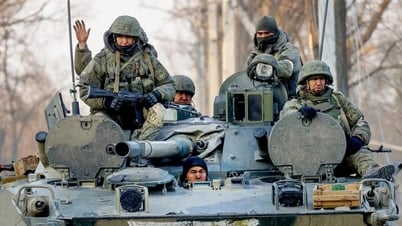


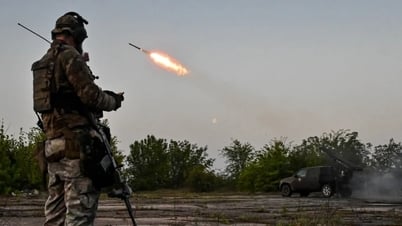


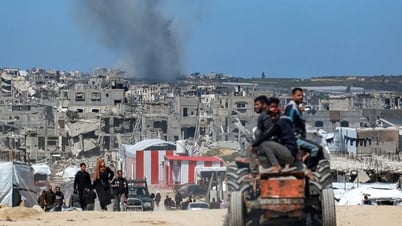











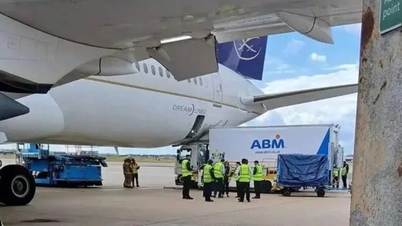









































































Comment (0)